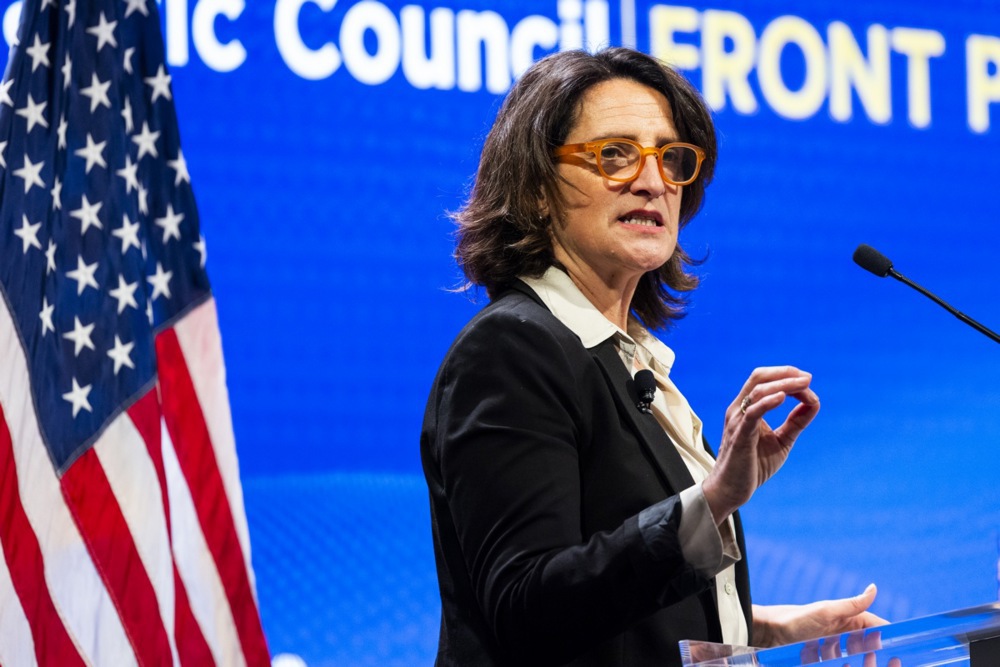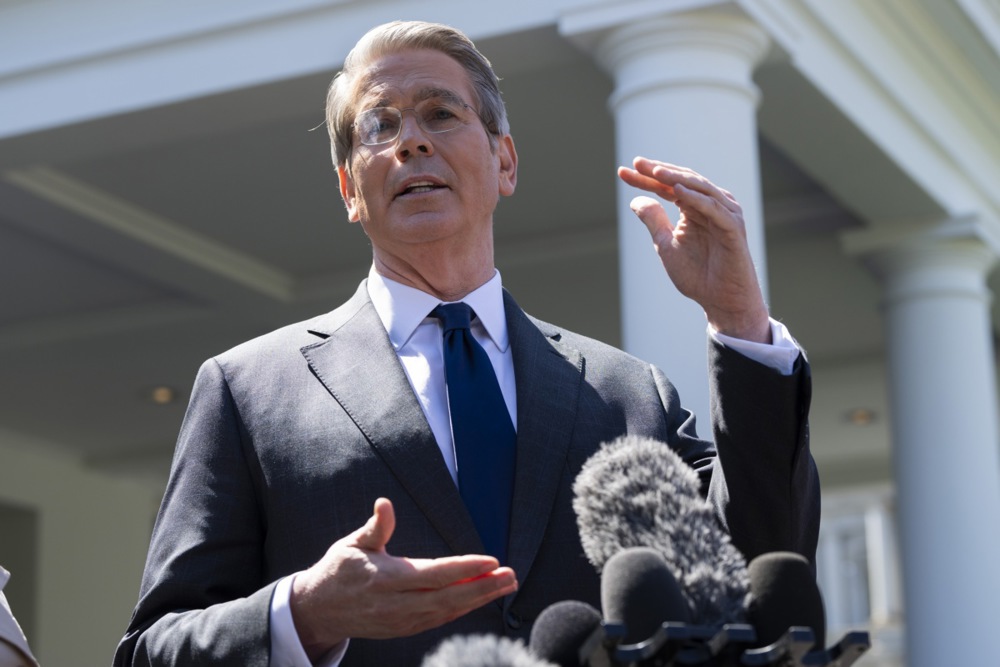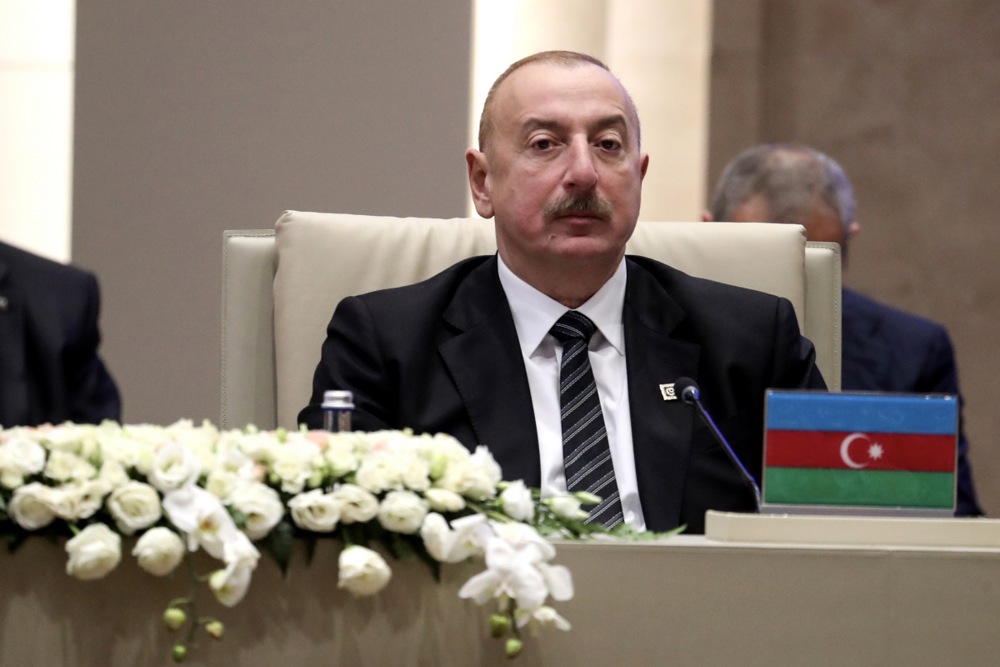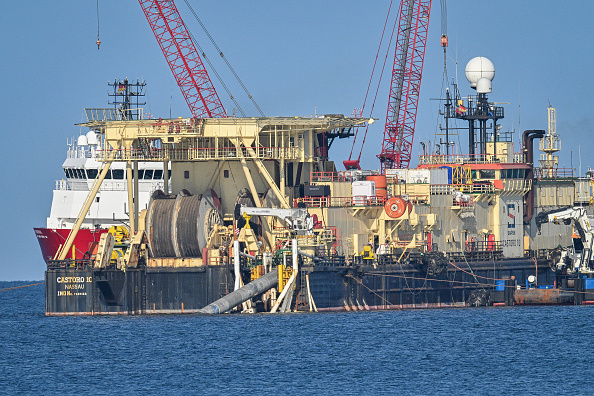The 90‐day tariffs suspension by US President Donald Trump offers Brussels only a temporary, fragile reprieve – “not good news” but “less-worst [sic] news” – according to French finance minister Éric Lombard.
“This move raises the average tariff faced by EU exports to the US from 3.5 per cent to 13.8 per cent, so it’s not good news — just less bad than the 20 per cent hike,” he said in Brussels on April 11.
“It’s effectively a $50 billion tax,” Lombard said ahead of a meeting of EU finance ministers.
French President Emmanuel Macron echoed those concerns in an X post the same day. “This suspension is fragile. Let’s not deceive ourselves — our industries remain under pressure,” he wrote.
On April 9, Trump announced a suspension of the “reciprocal tariffs” he had imposed on almost every country exactly a week earlier – and on the day they were set to be enforced.
European Commission President Ursula von der Leyen welcomed the move, suggesting the pause could provide space for broader talks.
The development came as the EU had been demanding negotiations before any tariffs came into force.
The first deal the EC offered was a “zero-to-zero tariff” proposition for cars and industrial goods. Trump initially refused before finally deciding on a pause a few days after.
He did not, though, suspend the 25 per cent tariffs on cars that came into effect on April 2, or similar the tariffs on steel and aluminium announced earlier.
In addition, as Lombard highlighted, even the suspended tariffs were still effectively 13.8 per cent as regards EU exports.
The bloc has also pressed pause on planned retaliatory measures in all three sectors, a discrepancy that seemed to lay at the heart of growing unease among French officials.
EC spokesman Olof Gill laid out Brussels’ strategy on April 10. “We’ve pressed the pause button to allow space for negotiations,” he said.
“Yes, US steel and aluminium tariffs remain in place – not just against us but against the entire world – and yes, the car tariffs are in force. But we are not going to take any further steps right now because we want to leave room for negotiation”.
With opinions divided and priorities varying, the 27 EU leaders were set to explore countermeasures over the 90‐day period – if the pause held.
As Gill put it: “I’m more worried about what might happen in 90 minutes,” emphasising what many saw as the urgency of the situation.





